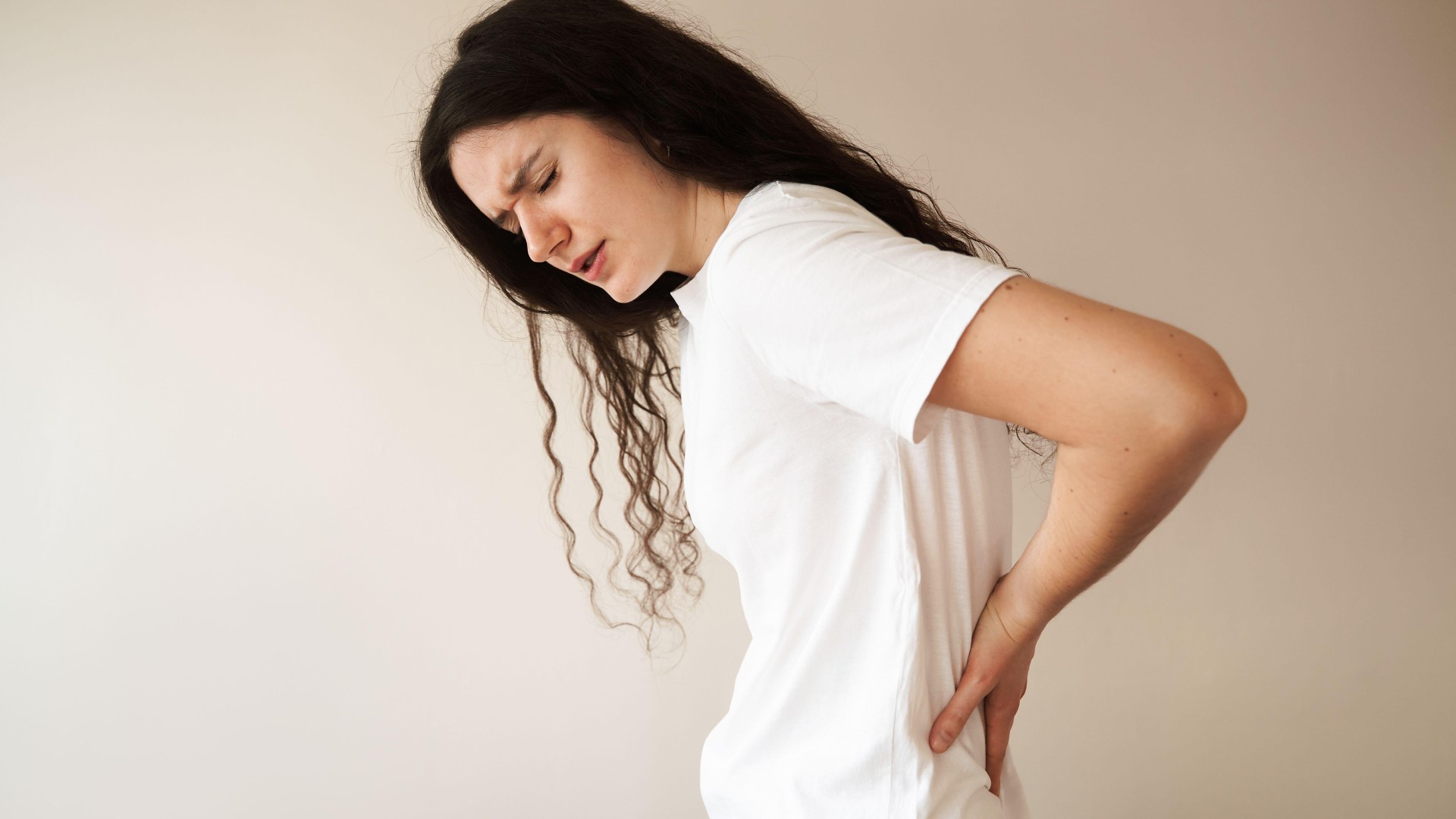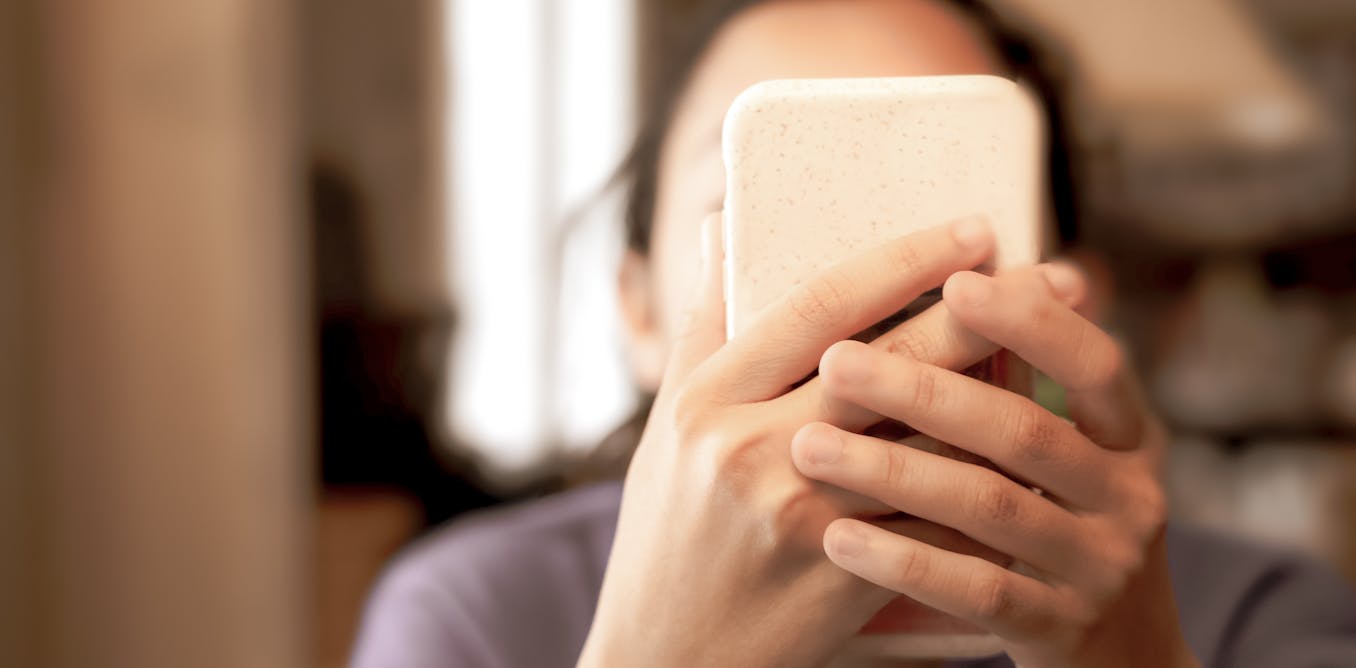IT wouldn’t be a British summer without spells of cloudiness and rain – but hot weather is on the horizon for parts of the country.
Temperatures are expected to soar again next week, with the South and South East basking in highs of 30C-plus, according to the Met Office.

1
But your enjoyment of summery climes may be dimmed, as hot weather could increase your risk of a nasty but common infection – the dreaded UTI.
Short for urinary tract infection, these are usually caused by bacteria entering the urinary tract and might need to be treated with antibiotics.
UTIs can leave you with lower tummy or back pain, a strong urge to pee, and cloudy or strong smelling urine, which can sometimes be bloody.
And if you’re thinking of taking your mind off your symptoms with a cheeky romp, you might find that sex aggravates them or leaves you in pain.
Thankfully, there are ways to combat agonising UTIs – or prevent them in the first place – according to nutritionist Ruth Tongue.
She told The Sun that warm weather brings an increased risk of UTIs for a number of reasons.
“As the temperatures rise, we’re more likely to become dehydrated due to increased sweating and not drinking enough fluids to compensate for the loss,” Ruth said.
“Furthermore, the season often sees an increase in social events such as BBQs, weddings, and picnics, where alcohol consumption tends to increase.
“On top of this, the warmer weather and longer days may provide more opportunities for sexual activity.
“All of these factors, unfortunately, contribute to a higher likelihood of developing UTIs, with cystitis being the most common form.”
Cystitis is when bacteria enters your bladder, which is part of your urinary tract.
But UTIs can also affect your urethra – called urethritis – or kidneys, causing a kidney infection.
Here, Ruth shares four tips for dealing with UTIs – from being generous with lube to starting your day with a glass of water.
1. Stay hydrated
“Ensuring adequate hydration is crucial in preventing UTIs and stopping them from getting worse,” according to Ruth.
If you’re the type to only drink water once you notice your throat is parched, the nutritionist offered some simple yet effective habits to incorporate into your daily routine.
Going out?
“Alternating between alcoholic and non-alcoholic drinks during social gatherings can help maintain hydration levels,” Ruth suggested.
Her second handy tip was to carry a water bottle with you when you’re out and about, especially when travelling, so you always have access to fluids.
“Additionally, starting and ending your day with a large glass of water can help keep your urinary system flushed and healthy,” Ruth said.
2. Tactical pees
Having to pee before sex can feel like a buzzkill, as can peeling yourself out of bed afterwards to relieve yourself.
But remembering to pop to the loo before and after sex could also help combat STIs, Ruth went on.
“It’s important to urinate both before and immediately after sexual intercourse,” she said.
“Having sex on a full bladder increases the likelihood of developing a UTI because it can cause bacteria to be pushed into the urethra.
“Peeing right after sex helps to wash away any bacteria that might have been introduced, thereby reducing the risk of infection.”
What is a UTI?
Urinary tract infections (UTIs) are usually caused by E.coli bacteria – found in poo – entering the urinary tract.
The bacteria enter through the tube that carries pee out of the body (urethra).
Women are more likely than men to pick up UTIs as they have a shorter urethra than men.
This means bacteria are more likely to reach the bladder or kidneys and cause an infection.
According to the NHS, things that increase the risk of bacteria getting into the bladder include:
- Having sex
- Pregnancy
- Conditions that block the urinary tract – such as kidney stones
- conditions that make it difficult to fully empty the bladder – such as an enlarged prostate in men and constipation in children
- Urinary catheters (a tube in your bladder used to drain urine)
- Having a weakened immune system – for example, people with diabetes or people having chemotherapy
- Not drinking enough fluids
- Not keeping the genital area clean and dry
Check if it’s a UTI
Symptoms of a urinary tract infection (UTI) may include:
- Pain or a burning sensation when peeing (dysuria)
- Needing to pee more often than usual
- Needing to pee more often than usual during the night (nocturia)
- Needing to pee suddenly or more urgently than usual
- Pee that looks cloudy
- Blood in your pee
- Lower tummy pain or pain in your back, just under the ribs
- A high temperature, or feeling hot and shivery
- A very low temperature below 36C
Your pee may also be dark or smell. If this is your only symptom, it might be because you’ve not been drinking enough water.
What to do if you think you have a UTI
If you think you have UTI symptoms, you should speak to your GP to discuss treatment options.
Most people will need antibiotics.
Some people may be prescribed a ‘delayed antibiotic’, meaning they’ll be asked only to use it if their symptoms don’t go away after a certain amount of time.
If you keep getting UTIs, your GP might recommend you have a low dose of antibiotics over a long period of time or refer you to a specialist for more tests and treatments.
For women who have gone through menopause, there is evidence that vaginal oestrogen creams can reduce UTI symptoms.
Source: NHS
3. Lube up
“For many women, particularly those in later stages of life, vaginal dryness due to falling oestrogen levels can increase the risk of UTIs,” Ruth noted.
But being liberal with lube might help mitigate the risk.
The nutritionist said: “However, it’s important to choose lubricants wisely and avoid those containing spermicides, glycerin, sorbitol, or sweeteners, as these ingredients can irritate the vaginal area and potentially increase the risk of infection.”
4. Eat smart
What you put in your body could help it combat UTIs as well as boosting your overall health, according to Ruth.
“Maintaining a diet rich in plant foods and healthy unsaturated fats while avoiding refined carbohydrates is beneficial for overall health and immunity,” she said.
“A strong immune system is better equipped to fend off infections, including UTIs.”
So what does eating well look like?
“Incorporating a variety of antioxidant-rich fruits and vegetables into your meals can help bolster your body’s natural defences,” the nutritionist explained.
IN SUMMARY
“For those who are particularly prone to UTIs, taking preventive measures can be very effective,” Ruth said.
As well as staying hydrated, eating well, using lots of lube and peeing at the right time, another approach could be using UT rescue supplements before engaging that could put you at risk of a UTI, such as having sex, consuming large amounts of alcohol, travelling to hotter climates, or during periods of high stress or when feeling particularly run down.
“By incorporating these strategies into your routine, you can significantly reduce your risk of developing UTIs, even during the warm weather when the likelihood is higher,” Ruth said.
“Staying mindful of your hydration, dietary choices, and sexual health practices can go a long way in maintaining a healthy urinary tract and preventing the discomfort and inconvenience of infections.”




